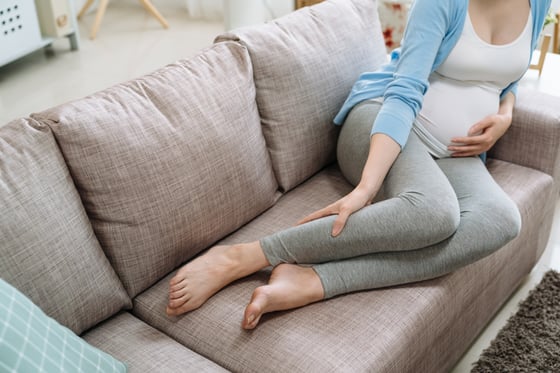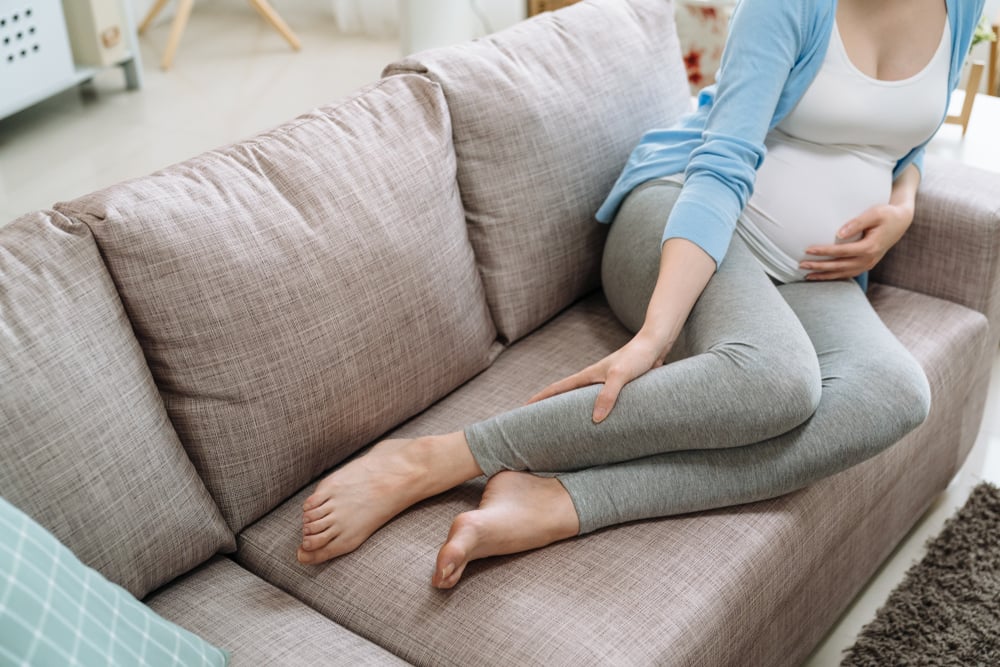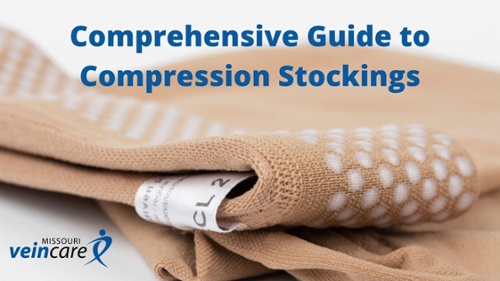Can I Get Vein Treatment During Pregnancy? | Pregnancy Vein Q&A

For many pregnant women, the onset of leg pain, leg swelling, and fatigue are unintended side effects. For some, their leg pain and discomfort are so severe it clouds their mind and is almost unbearable. Another unsightly and unwanted side effect of what should be a beautiful moment, the nurturing of their new child, is the development of large bulging varicose veins due to the increased pressure of the abdomen on the veins. A natural response as women look for solutions to this discomfort, is to consider vein treatment - but the big question is when. Is it okay to have your veins treated while you are pregnant, or is it better to wait until after delivery?
A woman's body responds to pregnancy in a number of ways. One way is that it increases the production of blood so that it can deliver blood and oxygen to the growing baby. Another response is the production of pregnancy hormones that make the walls of your veins softer and more elastic to accommodate increased blood flow. Because of this, the veins enlarge and some of them become abnormal and develop into varicose veins. Lastly, as the baby grows, more weight is added to your abdomen and this increased pressure can impede blood flow, causing it to pool in the lower legs. A reminder that the reason varicose veins appear in some women is that is how your body adapts to let your baby grow and develop.
Women often wonder about whether or not to seek treatment for their vein condition during pregnancy. It's natural to want a solution immediately, but in the case of pregnancy, doctors recommend waiting until after the baby is born. While there is no evidence that treatment will harm the baby or cause premature delivery, physicians recommend a more conservative approach to treating vein reflux during pregnancy. Most treatments involving medication and procedures that can cause stress are not recommended during pregnancy because there is a small risk of adversely affecting the baby. In medicine, procedures for pregnant women are reserved for truly urgent medical conditions, not without much discussion and consideration. Vein treatments are elective and can safely wait until after the baby is delivered.
DVT or Phlebitis During Pregnancy
People are worried about whether a varicose vein problem is going to result in a DVT (Deep Vein Thrombosis) during pregnancy. Varicose veins don't really increase the risk of DVT, but being pregnant does increase the risk. Varicose veins also do increase the risk of developing phlebitis, which is rarely dangerous and rarely associated with the DVT but is very uncomfortable and painful. If you are worried that you have phlebitis or a DVT, talk to your provider about getting a DVT ultrasound and getting treatment.
Alternative Vein Treatment Options During Pregnancy
The best option for pregnant moms who are suffering from a vein condition is to wear compression stockings. Most people aren't excited about wearing them, but most pregnant women find that they can't do without them - they really do help. Wearing compression stockings may also decrease the risk of phlebitis and DVT during pregnancy, so that's another reason to wear them even if your legs aren't hurting.
There are other helpful steps you can take to reduce the discomfort from vein reflux during pregnancy. You can also take non-steroidal over-the-counter medicine like Aleve, ibuprofen, or Tylenol as your doctor recommends to control any leg pain and swelling.
Then, after you deliver your baby, the treatments are so patient-friendly, that it is recommended and widely accepted to have treatment between pregnancies since the vein problem will come back even worse with the next pregnancy.


